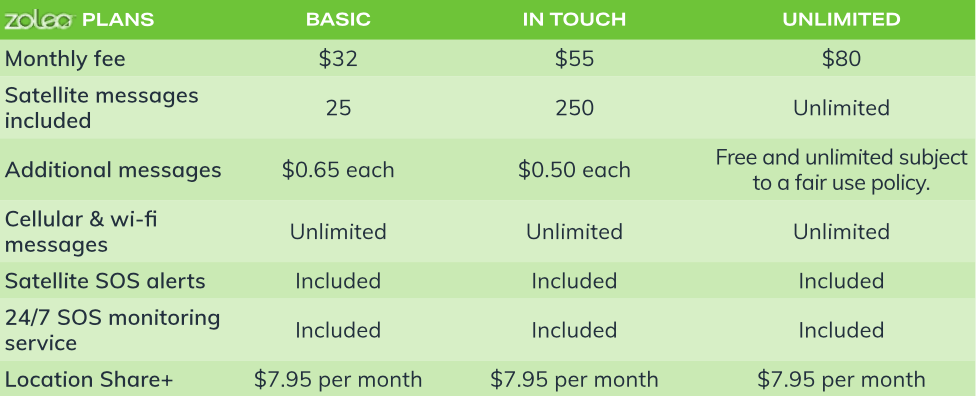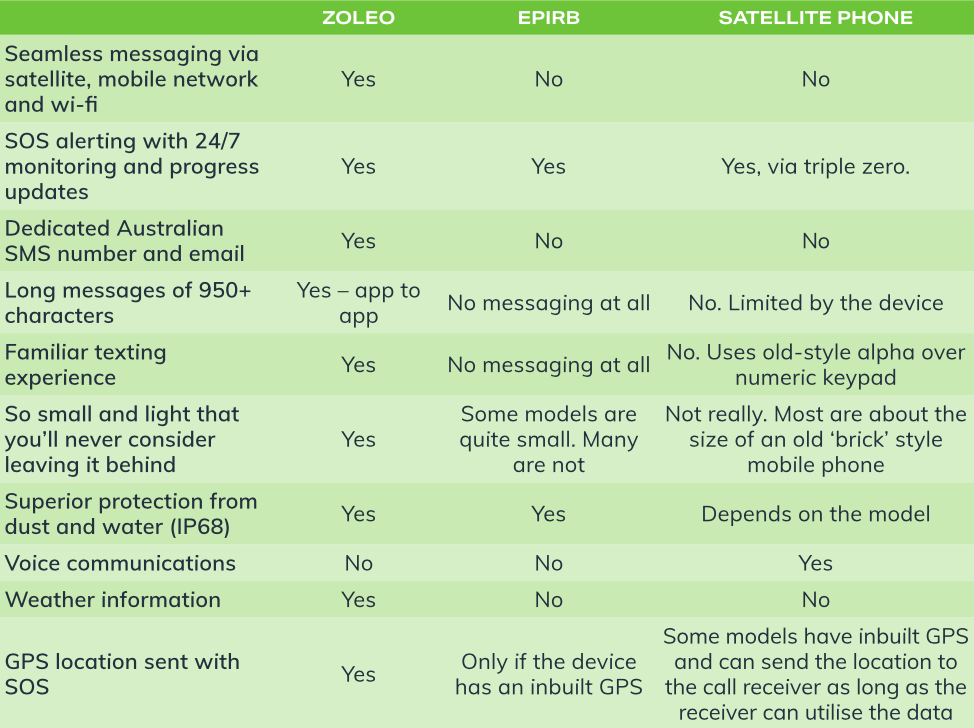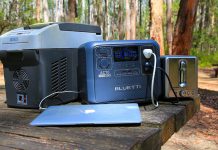As a full time traveller, I often get asked about the sort of communications equipment we carry, particularly for use in an emergency. Of course, we have mobile phones and these are fine for most of our needs, but their use is limited by the various telcos’ networks which, we have discovered, don’t extend much beyond the populated centres. For those times when we are outside of mobile phone range, we have a satellite phone.
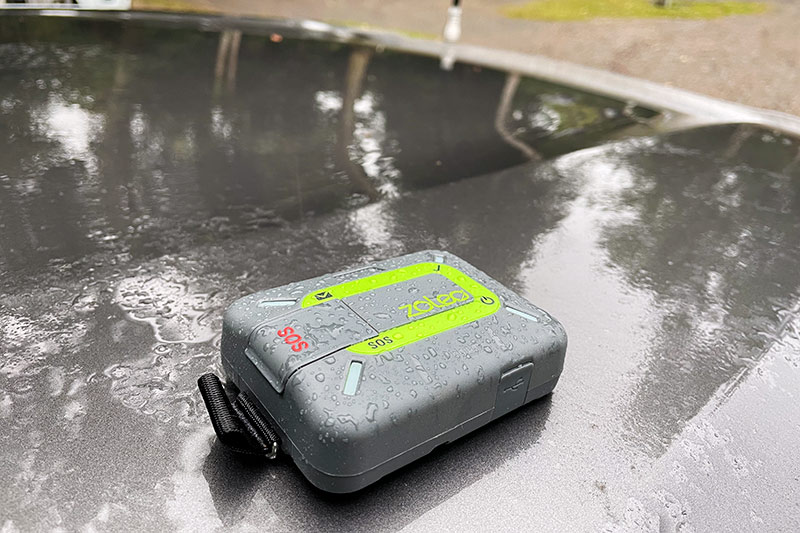
Now, satellite phones are great, but they do have certain limitations. They are really only good for making and receiving voice calls. You can send SMS messages but it’s a painful process using the basic numeric keypad. Remember sending text messages on your old Nokia mobile phone? That’s what it’s like.
Satellite phones are very expensive to purchase and use, not just for you as the owner of the phone, but for those who may want to contact you. Even SMS messages are expensive. That’s because satellite phones are treated as an international service. Monthly service charges can also be very expensive, especially compared to terrestrial mobile phone accounts.
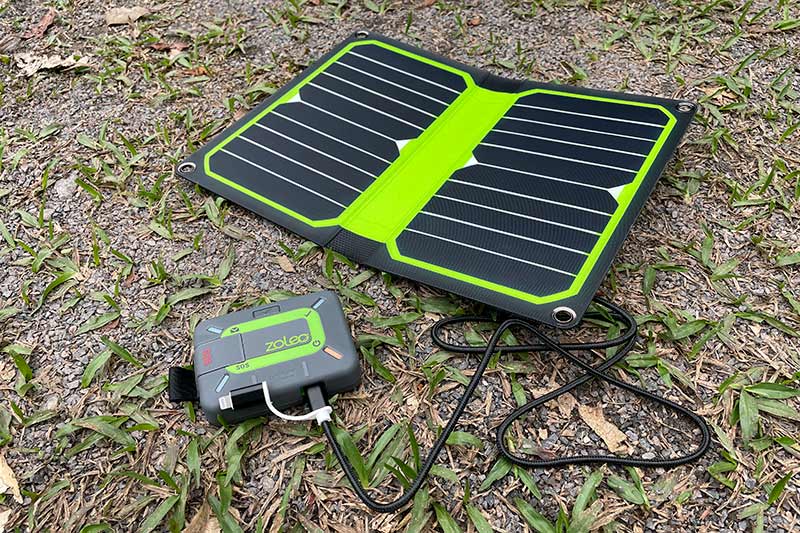
All that aside, what if you want to have a device just for emergencies? Here, EPIRBs (Emergency Position Indicating Locator Beacon) are often recommended, but these are extremely limited. You can only use them in a life-threatening situation. You can’t use one to call your roadside assistance or let your family know you’re okay.
What you need is a communication device with messaging and emergency alert capabilities without the expense of voice satellite communications. This is where the ZOLEO comes to the rescue.
WHAT IS ZOLEO?
ZOLEO is a small, portable communication device that allows travellers to use the Iridium global satellite phone network to send and receive messages when they are outside the mobile phone network. It connects to a smart device (either Android or iOS) via a Bluetooth connection and provides communication coverage anywhere in the world.
One of its features it to work seamlessly between different networks, i.e., it can still send/receive messages whether it is connected by mobile data or wi-fi, without charging you for a satellite message.
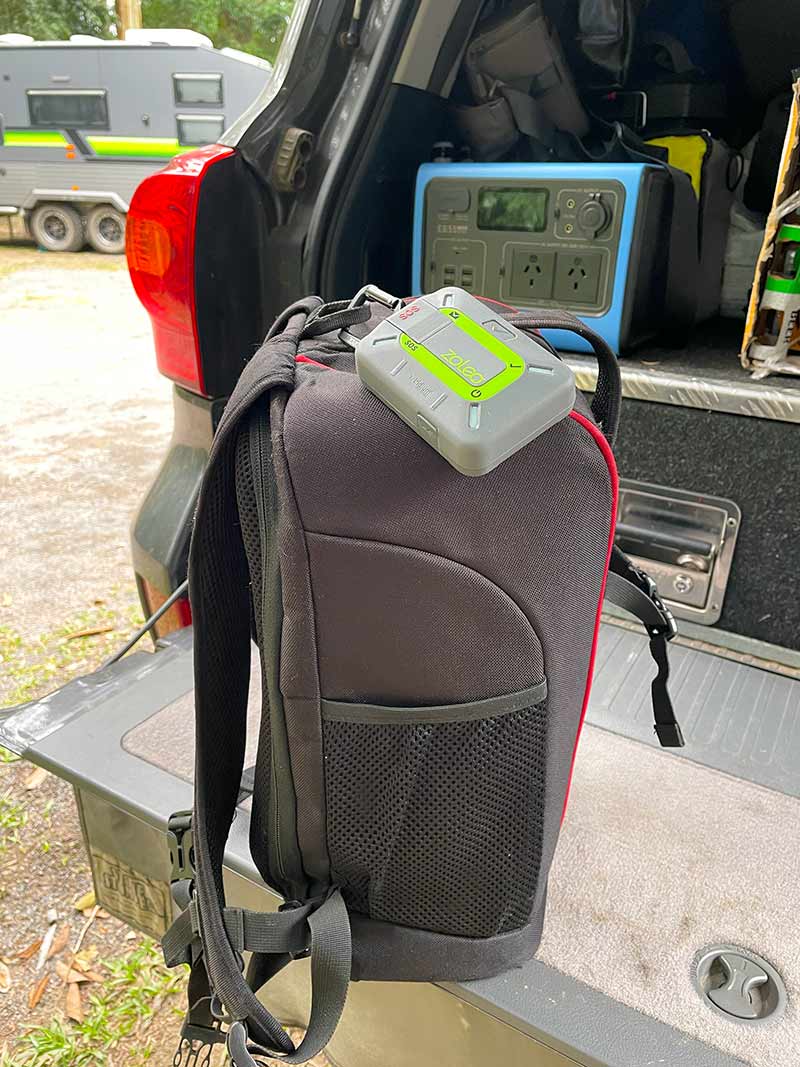
That simple description doesn’t really do the ZOLEO justice. As we mentioned, you can do that with a satellite phone, but the ZOLEO differs in that it uses a simple smart-device application to make the experience much more user-friendly and in keeping with modern text-based communication. You can type messages on your device’s keyboard just as you would an SMS on a smartphone.
That’s not all. ZOLEO also allows you to send check-in messages and share your location to an unlimited number of contacts. You can also send and receive text-based emails, download weather forecasts for your location and send an SOS emergency to your selected contacts and emergency services. The device can also perform some of these functions on its own in the event your smart device’s battery is flat.
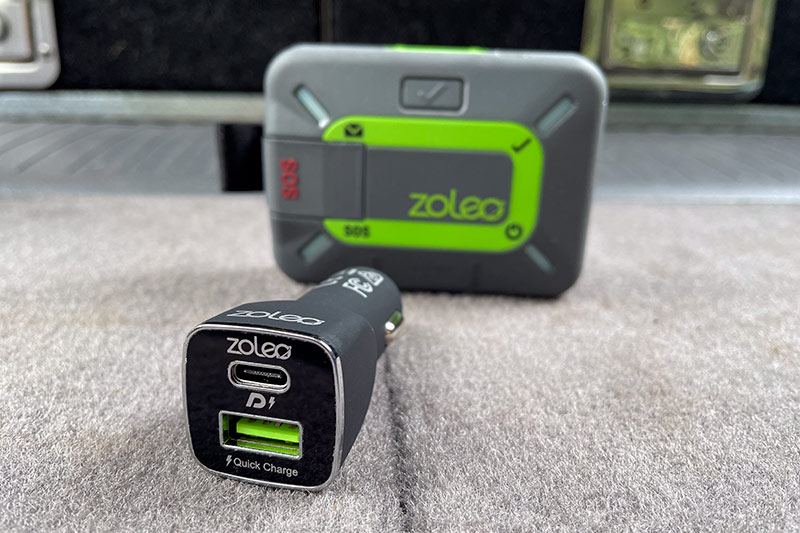
One key feature of the ZOLEO is that you are assigned an email address and, most importantly, an Australian mobile phone number (for SMS only) so people sending you text messages will only be charged the cost of a standard SMS message which, for most telco plans, is free of charge.
However, ZOLEO does not allow you to make voice calls. You also cannot send and receive attachments to messages, such as photos, when using the satellite network. ZOLEO is also only designed to connect to one smart device at a time.
HOW MUCH DOES IT COST TO USE?
This is where the value of the ZOLEO comes into play. The cost of the device itself is just $345. That’s about the cost of a plain old EPIRB and up to a quarter of the price of a new mobile phone.
There are three monthly plans to choose from:
Another feature I’m certain users will appreciate is the fact you can suspend your ZOLEO account for just $6.50 per month after an initial three-month period. While suspended, your account remains active and preserves your ZOLEO email address and SMS number, but your device will not transmit messages, including SOS alerts. Suspensions are limited to once per monthly bill cycle. You can reactivate your ZOLEO online anytime, with no activation fee.
Compared to my experience with satellite phone accounts, the ZOLEO fee structure is very flexible and represents exceptional value for money.
WHAT’S IN THE BOX?
ZOLEO comes standard with the unit itself, which I might add is rated to IP68, so it is water and dust-proof. You also get a USB charging cable, a handy carabiner to attach the unit to your backpack or clothing, a quick start guide and warranty booklet.
ARE THERE ANY OPTIONAL EXTRAS?
Yes. You can purchase a ZOLEO Cradle Kit with interchangeable inserts to allow the ZOLEO to be secured to a strap, a belt clip or a camera mount. Alternatively, you can get everything in the Universal Mount Kit, which that includes a RAM windscreen mount, which looks strong enough to hold something a lot heavier than the ZOLEO. There’s also a cradle kit with interchangeable inserts to allow the ZOLEO to be secured to a strap, a belt clip or a camera mount. It attaches to the RAM mount or to a standard camera tripod.
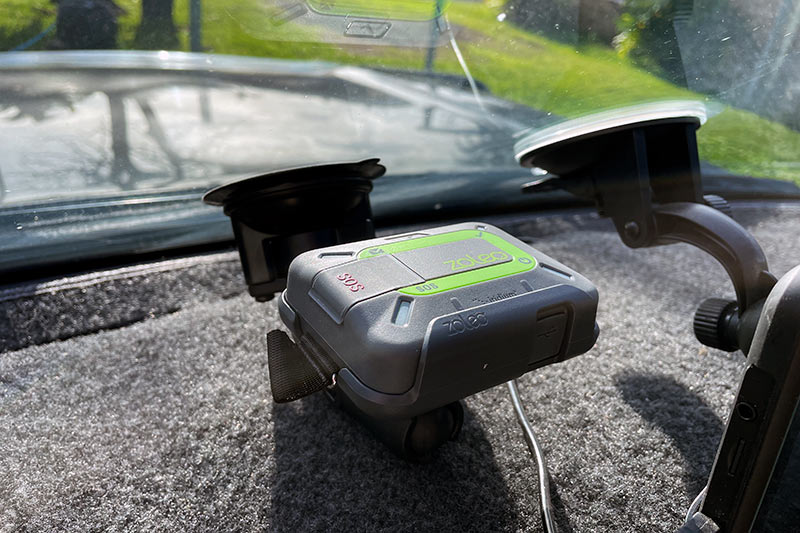
The kit also includes a USB adapter that plugs into a standard 12V cigarette lighter outlet. It is worth mentioning that this supports both USB A and C high power outlets and has a maximum output of 36W. This will charge your ZOLEO much faster than a standard USB outlet. In fact, it can be used for fast charging all sorts of devices.
FIRST IMPRESSIONS
I have to say, the quality of the packaging and the products themselves are all top class. Everything seems well made and designed to cope with our harsh conditions. It is obvious a lot of thought has gone into the design of the ZOLEO and its accessories.
WHAT’S NEXT?
We will be testing the Zoleo over the next few weeks to see if it delivers on its promise and we will bring you the results in a future issue of this magazine. Until then, safe travels.


